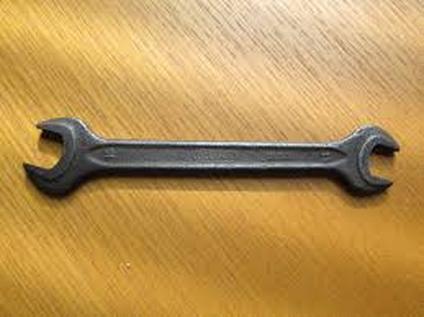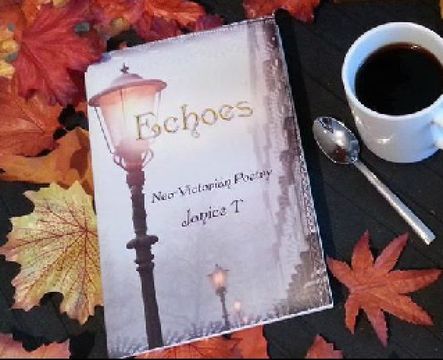I had not equated "lying in tall grass while reading a good book on a lazy, sunny day" with exertion, but all manner of scientific research into reading, specifically printed books or magazine articles, agree.
Reading tangible books has been credited with: improving our comprehension skills, staving off Alzheimer's, reducing stress, making us more empathetic, and improving our sleep. Really?
Many of us tend to read books on e-readers, but several studies have come out decrying this behavior. "For one thing," they argue, "what about the tactile sense you get from holding the book in your book?"
I must admit that, even though my e-reader is so very handy at storing and displaying loads of books, and so easy to carry wherever I go, I had already begun to read tangible books again ... and I like it.
I grew up reading "real books" in a room filled with books, and over the years my mind has accomplished all sorts of mental gymnastics while it steeped in the comfy, singular aroma of paper and binding.
My Kindle can't do that. I still value it for all of the other things it can do, but it is no longer my literary medium of choice. When I want to tuck into a good book now, I leave my kindle on the table.
And, if the research rings true, I look forward to reporting that the journeys I undertake in these books in hand are a bit more engaging, and that my comprehension and memory have somewhat improved.
So, here's to Joseph Addison, who also said, "Books are the legacies that a great genius leaves to mankind, which are delivered down from generation to generation as presents to the posterity of those who are yet unborn” Would that I could quote so well as he.
Image: www.theguardian.com (Corbis)






 RSS Feed
RSS Feed